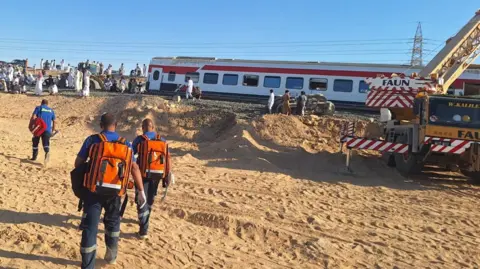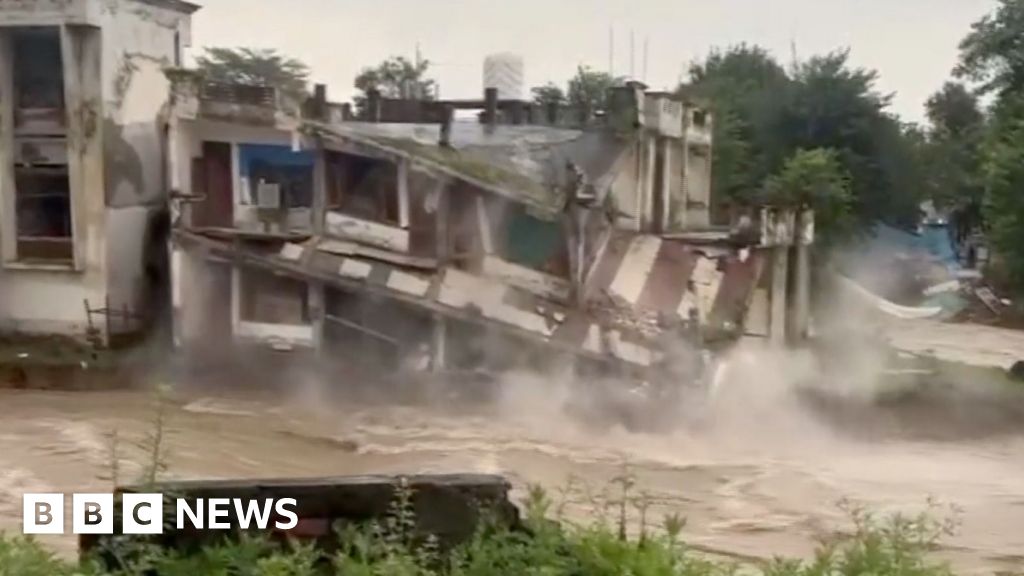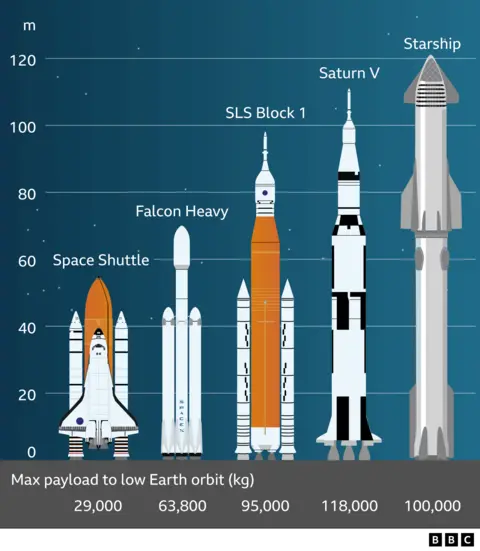In recent weeks, the issue of flash flood prevention has come into sharp focus, with devastating outcomes highlighting the limitations of existing systems. In Texas, authorities faced criticism for not investing in early warning mechanisms despite the region's history of sudden rainfall, resulting in last week’s catastrophe that claimed at least 121 lives, including many children.
Global experts agree that the complexity of accurately forecasting flash floods complicates efforts to avert disaster. Erin Coughlan de Perez, a disaster risk management specialist at Tufts University, emphasized that both affluent and low-income nations struggle with funding comprehensive systems. Oftentimes, investments yield either ineffective results or too many false alarms, leaving communities skeptical.
The situation in Valencia, Spain, further illustrates this challenge. A warning system was conceptually in place, but it failed to activate until it was too late, resulting in over 200 fatalities during a flash flood last year. Survivors recounted heart-wrenching stories, like that of a resident who lost a family member in the disaster.
Coughlan de Perez pointed out that the unpredictability of flash flooding can generate a "cry wolf" scenario. Many places experience these floods infrequently, making it hard to justify the financial commitment needed for effective warning systems. However, with climate change intensifying weather-related events, the urgency for better infrastructure and responsive systems is becoming increasingly apparent.
Global experts agree that the complexity of accurately forecasting flash floods complicates efforts to avert disaster. Erin Coughlan de Perez, a disaster risk management specialist at Tufts University, emphasized that both affluent and low-income nations struggle with funding comprehensive systems. Oftentimes, investments yield either ineffective results or too many false alarms, leaving communities skeptical.
The situation in Valencia, Spain, further illustrates this challenge. A warning system was conceptually in place, but it failed to activate until it was too late, resulting in over 200 fatalities during a flash flood last year. Survivors recounted heart-wrenching stories, like that of a resident who lost a family member in the disaster.
Coughlan de Perez pointed out that the unpredictability of flash flooding can generate a "cry wolf" scenario. Many places experience these floods infrequently, making it hard to justify the financial commitment needed for effective warning systems. However, with climate change intensifying weather-related events, the urgency for better infrastructure and responsive systems is becoming increasingly apparent.





















